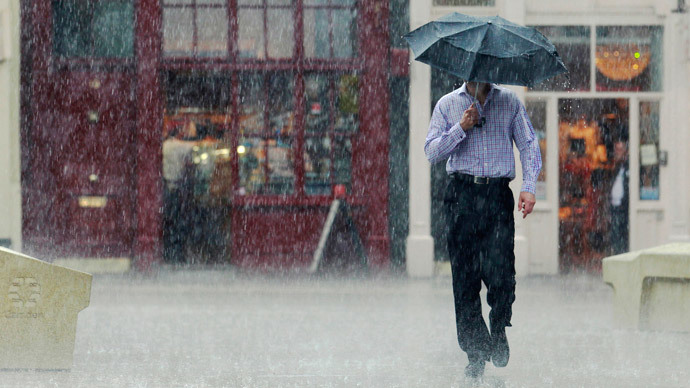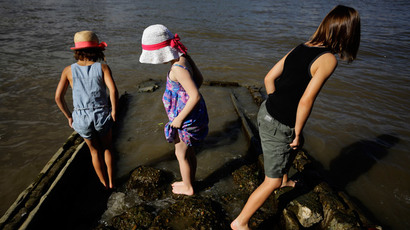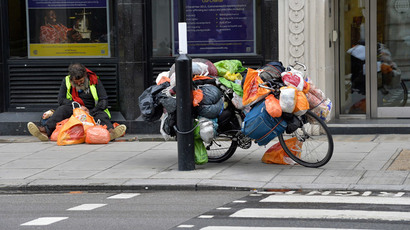Alien-Nation: Nearly 5 million Brits ‘have no real friends’

Loneliness is rife in Britain according to new research, which shows that 4.7 million people in the country have no close friends, while less than a quarter feel a sense of belonging to the community and one in 10 have no interaction with neighbors.
The Way We Are Now 2014, based on YouGov polling of more than 5,000 people across the UK, gives an insight into intimate aspects of people’s personal lives.
The research by Relate suggests a significant minority of Britons are living without the intimacy of friends they can confide in. One cause of this trend may be that people today are more dispersed around the country and therefore don’t live near the friends they grew up with.
“There is a significant minority of people who claim to have no close friends, or who never or rarely feel loved – something which is unimaginable to many of us,” said Ruth Sutherland, chief executive of Relate.
“Relationships are the asset which can get us through good times and bad, and it is worrying to think that there are people who feel they have no one they can turn to during life’s challenges. We know that strong relationships are vital for both individuals and society as a whole, so investing in them is crucial.”
Better off alone?
Meanwhile, the research further shows a direct link between the quality of people’s relationships and their wellbeing. It found that the majority of couples said they had good relationships with their partners, but just being in a couple was no guarantee of happiness.
Those in average, bad, or very bad relationships were found to be worse off than single people, showing that it is the quality of the relationship that influences wellbeing. Nearly a quarter of those interviewed admitted to having an affair, and the same number said they were dissatisfied with their sex life.
Almost two-thirds of those surveyed felt money worries put the biggest strain on a relationship, while a third identified the pressure to put work ahead of personal and family life.
A separate YouGov poll showed more than half of people in the UK admit to clandestine antisocial behavior, deliberately avoiding their neighbors. The most likely reason for interaction with neighbors is the delivery of an online order, with 57 percent of people saying they receive parcels for others.
However, 65 percent of Britons believe their neighborhoods would be stronger if people were encouraged to get to know each other better. Older people and parents were found to be most likely to connect, while less than a quarter of 18-34 year olds have invited their neighbors over for a cup of tea.
While almost half of people aged 55 and over would classify their neighbors as friends, less than a fifth of 18-34-year-olds would do the same.














